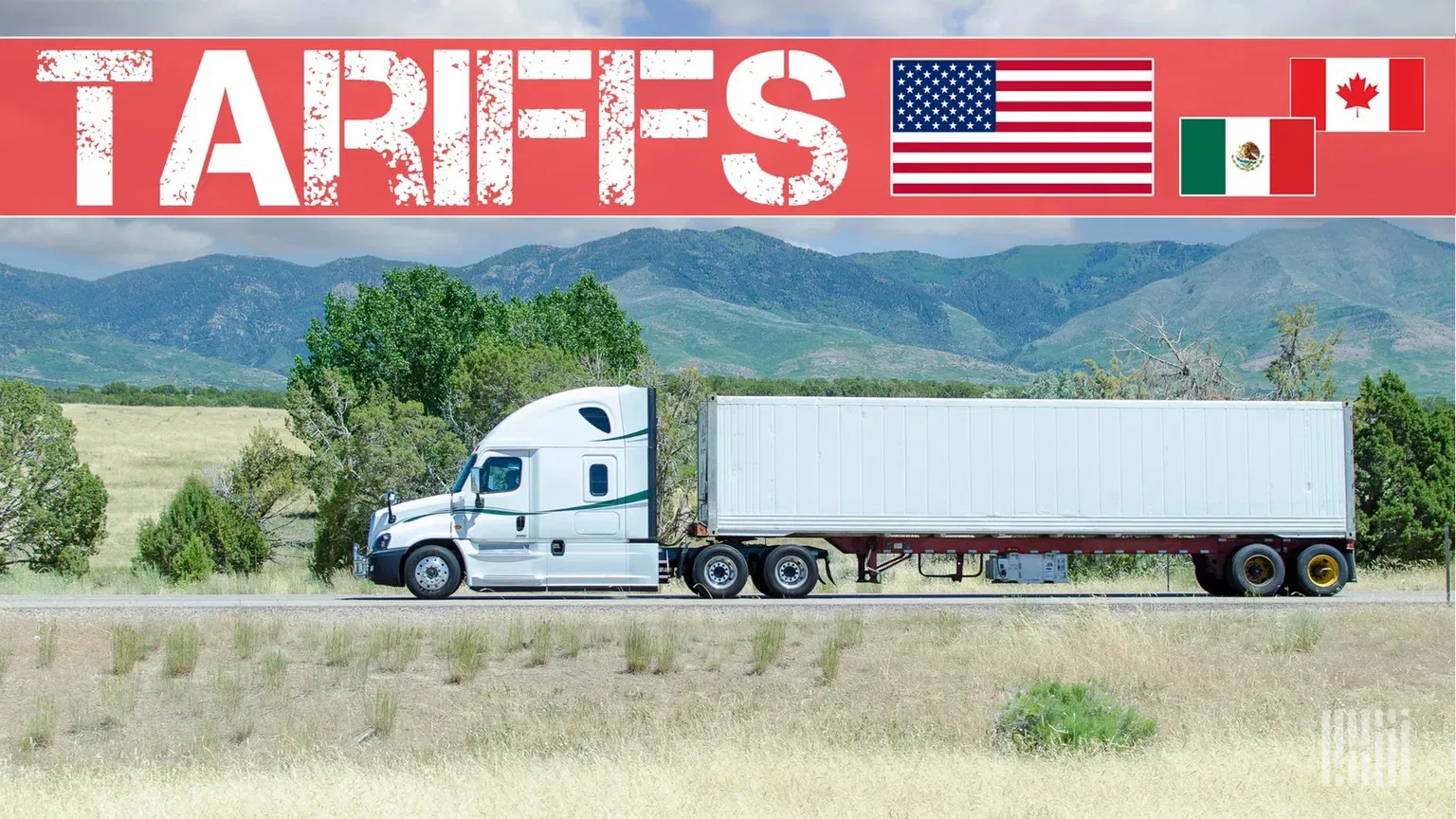Recent discussions between Mexico and U.S. officials aim to avoid tariff hikes on tomatoes, a pivotal trade commodity. The trade agreement allowing Mexico to export tomatoes to the U.S. without duties is under scrutiny, and if negotiations falter, the ramifications may echo throughout the logistics and transportation sectors.
The Tomato Suspension Agreement
The current Tomato Suspension Agreement stands at risk as U.S. officials plan to withdraw from it by mid-July. This agreement has made it easier for Mexican tomato producers to export their goods, maintaining favorable conditions for both parties involved. However, if revoked, an additional tariff of 17% to 21% on Mexican tomatoes will create a domino effect, leading to increased prices at the American grocery shelf and affecting the broader food supply chain.
Concerns from Both Sides
Officials from Mexico, including Leonel Cota Montaño, Undersecretary of Agriculture and Rural Development, insist on a fair negotiation process. They emphasize their aim for zero tariffs and equivalent treatment for American products. Recent meetings between Mexican and U.S. stakeholders in Washington reflect growing tensions around this issue.
- Leonel Cota Montaño: “Mexico is moving towards zero tariffs…”
- Luis Rosendo Gutierrez: Mexico’s Undersecretary of Economy urging for equitable agreements.
- Julio Berdegué: Expressing optimism for favorable outcomes in the near future.
Challenges for U.S. Tomato Growers
The U.S. Department of Commerce recognizes failures in the existing agreement to protect domestic growers, stating it’s been flooded with complaints from them urging its termination. This sentiment is echoed across the board, especially among U.S. farmers who feel challenged by the low-cost competition from Mexican imports.
This scenario not only drives a wedge between two nations but also presents complications for logistics companies that manage the movement of goods. Increased tariffs often lead to heightened transportation costs and logistical hurdles. Companies may face delays as they adjust to new pricing structures and transport routes that aim to minimize the financial impact of these tariffs.
The Economic Ripple Effect
In 2024, U.S. tomato imports from Mexico reached a remarkable $3.12 billion, making up over 99% of Mexico’s tomato exports. The Laredo customs district leads in imports due to its strategic location, further underscoring the significance of seamless logistics in this context. Shifts in trade policy or tariffs could disrupt established supply chains, forcing businesses to rethink their approaches to procurement and distribution.
Impact on Transportation and Logistics
Our logistics framework can be significantly impacted by any changes to the Tomato Suspension Agreement, including:
- Shipping Costs: Increased tariffs could lead to higher shipping costs, forcing companies to analyze their freight strategies.
- Delivery Times: Adjustments in supply routes could potentially delay delivery times for consumers and businesses alike.
- Market Prices: Ultimately, these changes will most likely reflect in consumer prices, impacting supply chain dynamics dramatically.
Support for Domestic Producers
The Florida Tomato Exchange has expressed firm support for changing the suspension agreement, voicing that American tomato farmers have suffered long enough from unfair trade practices. Their push for more restrictions on imported tomatoes has lingered for decades, demonstrating an enduring struggle between domestic and foreign producers.
As a significant player in this conversation, Dante Galeazzi, CEO of the Texas International Produce Association, highlighted the immense impact that tomato imports have in Texas, stating that they support over 30,000 jobs primarily in transportation, warehousing, and distribution sectors.
The Bigger Picture: Logistics and Trade Relations
The outcome of these negotiations will go beyond just tomatoes; they may signal a broader shift in trade relations that could have long-term implications for logistics across North America. The interconnectedness of transportation networks means that changes to one product’s import status can resonate through various sectors.
Experiência pessoal vs. críticas
While reviews and assessments on subjects like these are valuable, nothing compares to firsthand experience. The importance of navigating the logistics surrounding trade agreements is paramount. GetTransport.com offers a wide array of cargo transportation options at competitive prices, enabling you to stay ahead of logistics challenges and make informed decisions. The convenience, affordability, and transparency on GetTransport.com can help you manage your shipping and transport needs effectively. Book now at GetTransport.com.
In summary, the negotiations between the U.S. and Mexico over tomato tariffs bring to light not just an economic issue but a logistical conundrum that could redefine supply chains. Whether it results in increased costs for consumers or inspires a re-evaluation of logistics strategies, the importance of transportation services like those offered by GetTransport.com in facilitating smooth logistics cannot be overstated. With a commitment to providing reliable, global cargo solutions, GetTransport.com simplifies logistics, meeting diverse transportation needs efficiently.

 Negociações pautais sobre o tomate: O impacto no comércio e na logística entre os EUA e o México">
Negociações pautais sobre o tomate: O impacto no comércio e na logística entre os EUA e o México">